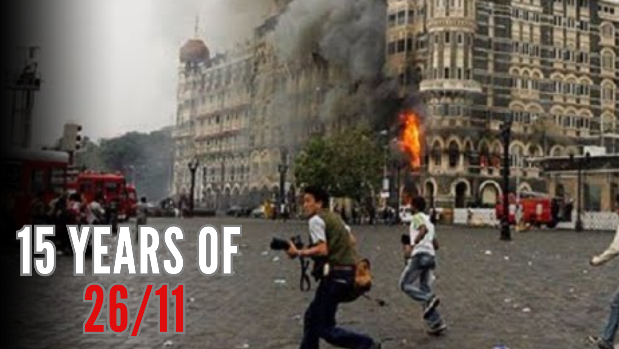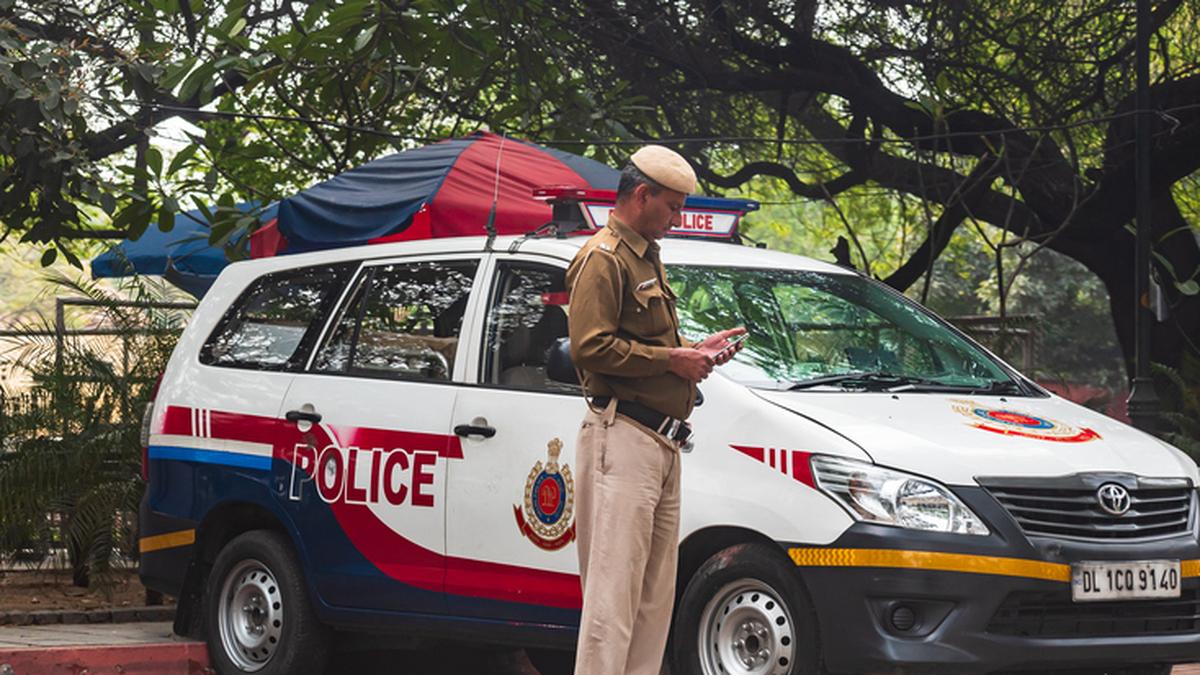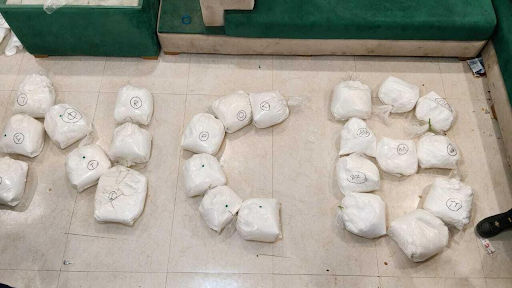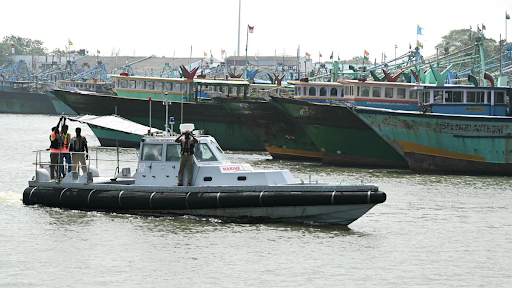Description

Disclaimer: Copyright infringement not intended.
Context
- It is 15 years since the 26/11 Mumbai terror attacks.
- Post 26/11, India has successfully painted Pakistan as a supporter of terror, and reaped dividends for its strategic restraint.
Background
- On 26th November, 2008, a group of Lashkar-e-Taiba terrorists unleashed a series of attacks at several places, including Chhatrapati Shivaji Terminus, the Oberoi Trident and the Taj Palace & Tower.
- Mumbai was under seize for four days before the national security guards killed nine terrorists and captured one alive.
- Sadly, that wasn't before India lost 165 people and over 300 were seriously injured.
- The attack exposed India's security preparedness.
- The attackers sailed on a boat from Karachi and entered Mumbai, without anybody noticing them.
Security measures taken by India to prevent a repeat of Mumbai attacks
Coastal security preparedness:
- Terrorists slipping by India's coast guards was a major embarrassment for Indian security agencies.
- A decade later the 26/11 tragedy, coastal security project is well underway.
- Today, there is a major maritime defence and surveillance architecture in place to prevent a repeat of 26/11.
Coastal infrastructure:
- The most important lesson that was learnt post-26/11 was accepting the need for enhanced maritime domain awareness.
- Coastal surveillance network has already been established along the coast with first phase- with 46 radars- already completed.
- The second phase of 38 radars is in the pipeline.
- India has already commissioned the Information Management and Analysis Centre in Gurgaon for easy collection and dissemination of shipping data for increased awareness.

Operation Sagar Kavach:
- Post the 26/11 attacks on Mumbai, operation Sagar Kavach was put into operation to improve the coordination between several security agencies including Indian Navy and Coast Guards, and the local police.
Strength of India Navy:
- The Indian Navy's ability to ward-off any 26/11-like misadventure has been strengthened.
- It is now seemingly capable of upholding India's interests in the seas.
Establishment of subsidiary multi-agency centres (SMAC):
- Intelligence Bureau (IB) has reorganised its MAC and it now functions 24/7. It has also established SMACs in 30 important locations in India to share intelligence with all other security agencies.
Tracking Fishing Boats:
- A system has been put in place to track all the fishing boats 24/7.
- Issuances of biometric cards to the fishermen, online registrations, using Automatic Identification System (AIS) etc. are some of the steps that have been undertaken.
Force One:
- Maharashtra government has instituted an elite commando force called Force One and has also introduced specialised training for them on the lines of National Security Guards (NSG).
NSG preparedness:
- National Security Guard (NSG) has learnt a lot in the last 10 years and is prepared for all different kinds of terrorist activities that India might face.
Creation of centralised database:
- Post 26/11, specialised agency, the National Intelligence Grid or NATGRID, was constituted to create database of security related information.
- Hubs were created for rapid response to such attacks.
Enhanced security presence at sensitive areas:
- There are more metal detectors and presence of armed guards at sensitive places in the country than ever before.

Moving Ahead
- Strengthening India’s maritime security is still a work in progress, but it is far better today than it was in November 2008.
- It has been a challenge to reach this level of efficacy. Improving it is necessary, and much depends on how the central and state governments address the weak links.
- These include: an ineffective marine police; a fisheries sector where implementation of rules on the monitoring of fishing boats is weak; and the lack of an apex authority for maritime security.
- The state governments ought to take both the police and fisheries sector issues more seriously and implement the measures which have been repeatedly pointed out to them in the debrief of more than 100 coastal security exercises, conducted under the Sagar Kavach programme, across the country over the last ten years.
- The central government must examine afresh the issue of having an apex authority and SOPs for effective command and control and issue necessary guidelines at the earliest.
|
PRACTICE QUESTION
Q. It is been 15 years since the 26/11 Mumbai terror attacks. What kind of security measures have been taken by India to prevent a repeat of Mumbai attacks?
|












